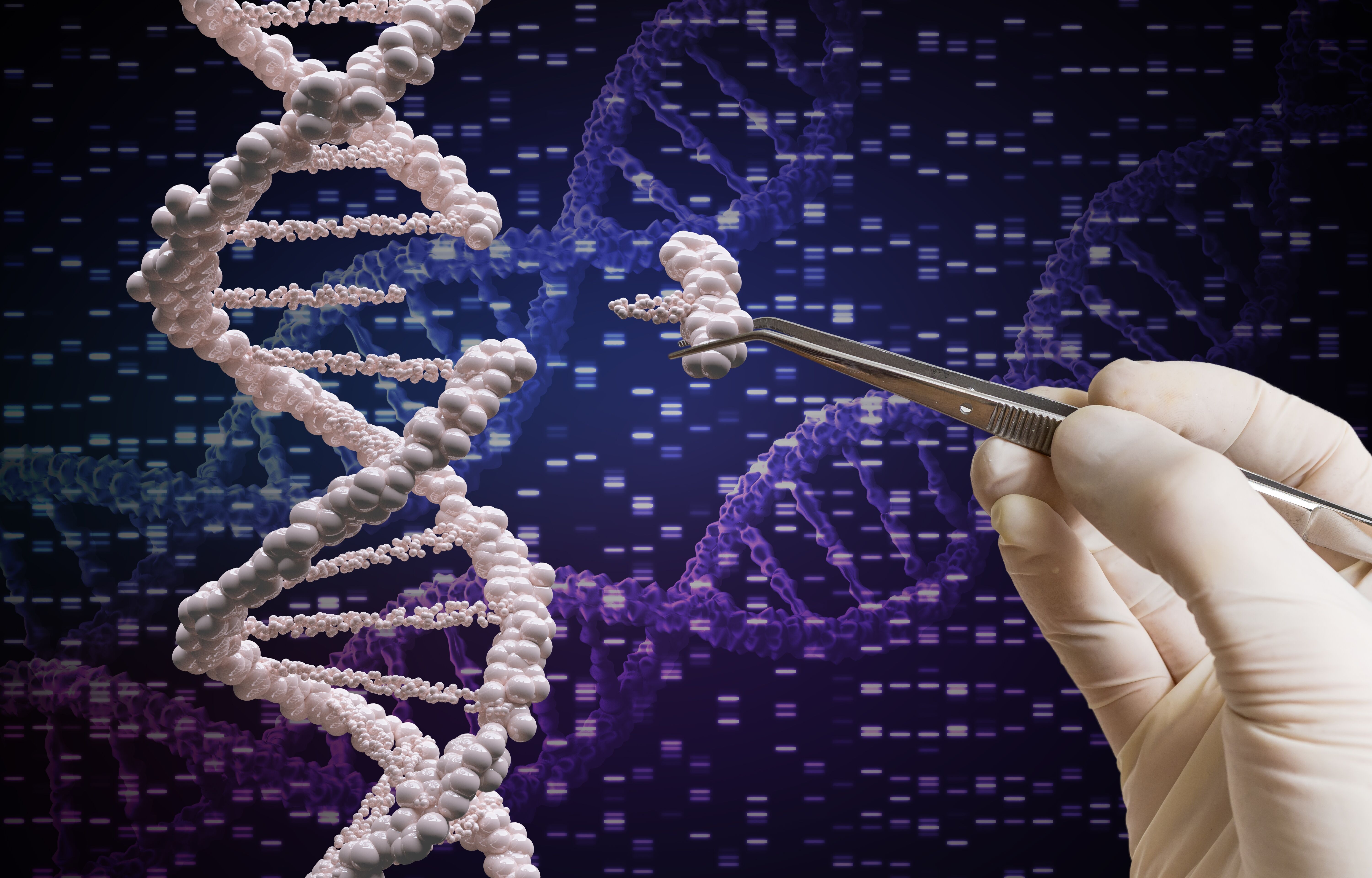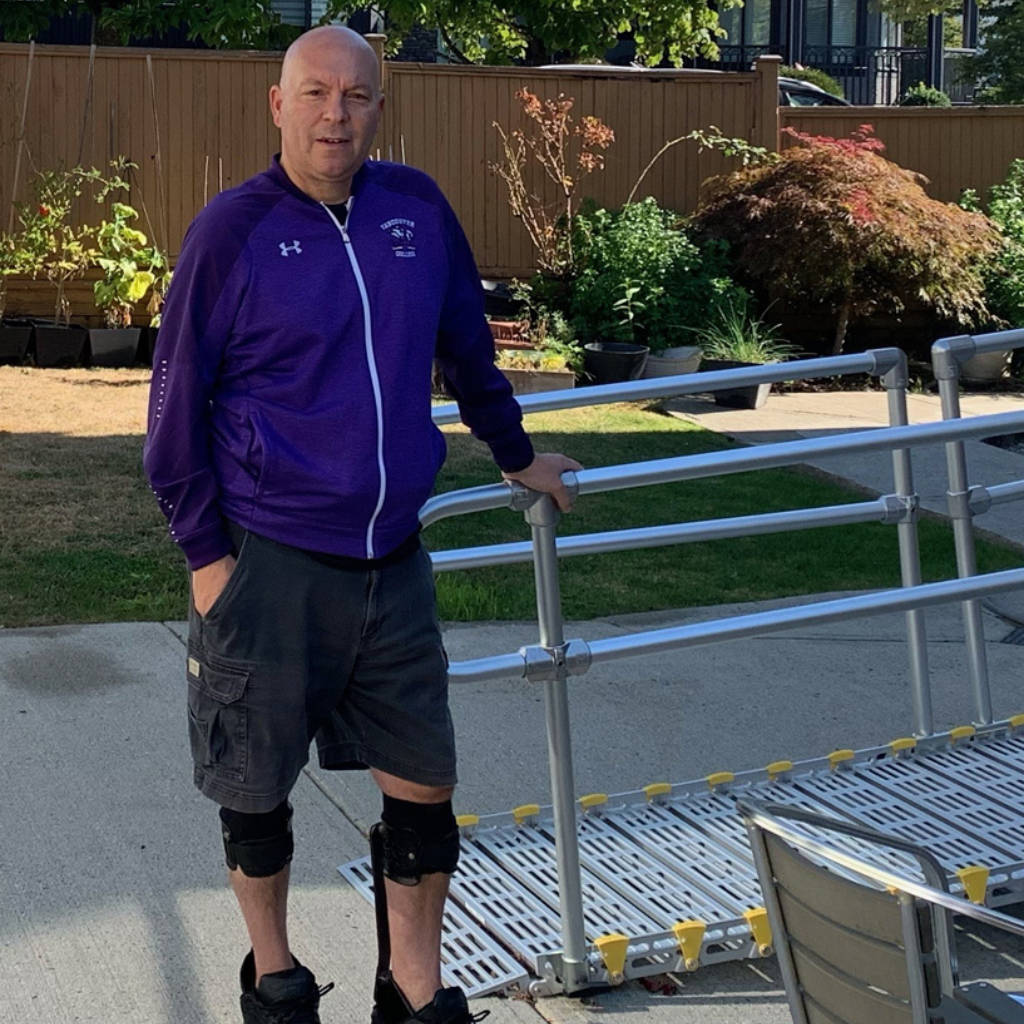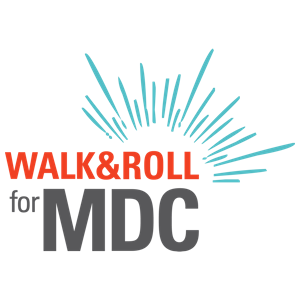CRISPR-Cas9 technology, a gene editing tool, has been significantly upgraded with a new feature called prime editing. This enhancement addresses two limitations of CRISPR technology by: (1) allowing the change of a gene’s spelling into a predicted sequence without requiring a cell to divide and (2) without needing to cut both strands of the DNA double helix, which reduces the risk of making unintentional changes. The study published in Nature used prime editing on human cells to correct the genetic spelling mistakes associated with Tay-Sacks and Sickle-Cell Anemia. Compared to traditional CRISPR technology, this study showed that the prime editing feature made CRISPR more precise, efficient and highly versatile.
CRISPR-Prime editing holds promise for the treatment of neuromuscular disorders (NMDs) as it allows genetic repairs in non-dividing cells like neurons and muscle cells and could potentially be used on a subset of NMDs caused by small genetic spelling mistakes like point mutations, small insertions or deletions. But in its current form, up to 80 letter changes were edited and so this upgrade would not work for other types of NMDs: Charcot-Marie-Tooth 1A and Myotonic muscular dystrophies as well as some cases of Duchenne, and Becker Muscular Dystrophies are caused by large thousand or even hundred thousand letter deletions, duplications, inversions and repeat expansions. As this technique moves us one step closer to correcting genetic mutations that cause human genetic diseases, there is a need to continue research to develop safe and effective treatment for the wide range of specific disease-causing spelling mistakes associated with NMDs
ABOUT MUSCULAR DYSTROPHY CANADA
Muscular Dystrophy Canada’s mission is to enhance the lives of those impacted with neuromuscular disorders by continually working to provide ongoing support and resources while relentlessly searching for a cure through well-funded research. To learn more about Muscular Dystrophy Canada, please visit muscle.ca or call our toll-free number at 1-800-567-2873.




